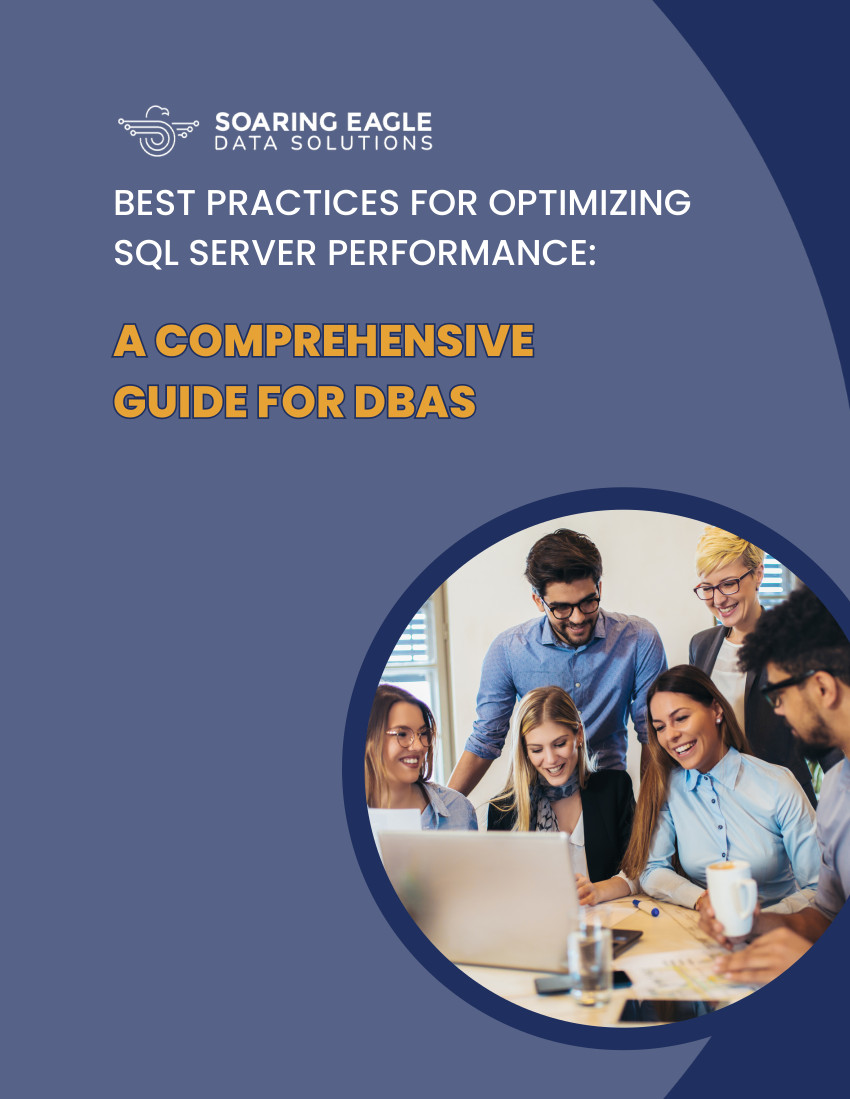
Business intelligence refers to the use of data in businesses to make the decision-making process easier. It is a set of strategies and tools focused on the analysis of data of a company through the study of existing data.
Generally speaking, Business Intelligence tries to extract company data from different sources using tools or ELT techniques (extract, load, and transform) and then load them into a warehouse data. All this analysis should allow increasing the financial, administrative level of the company.
How Business Intelligence Works
When an organization starts its Business Intelligence strategy, it does not need to wait to see the first results. This is one of its significant advantages, although not the only one, since every business that works in an environment of Business Intelligence perceives how:
- It improves the intellectual coefficient of the company.
- A necessary connection among the members of the organization is created.
- The detection and understanding of trends are simplified, becoming clearer.
- The contrast of the predetermined objectives with the reality of the business is facilitated, helping to obtain a greater knowledge that has a very positive impact on decision making.
Business Intelligence achieved such a degree of integration that many companies begin to function as a whole for the first time. The global vision does not detract from the detail that is key to the analysis.
Business Intelligence Technologies
Companies have discovered the need to use their data to support decision making, process optimization, and operational reports. Business Intelligence technology vendors have built software niches to implement every new pattern in the market. These application patterns result in software products focused exclusively on five Business Intelligence styles such as:
- Business reporting. Written reports are used to generate highly formatted static reports intended to expand their distribution with many people.
- Ad Hoc Query views and analysis. Relational OLAP tools allow experts to visualize the database and see any response and convert it into low-level transactional information.
- Data mining and statistical analysis. These are tools used to perform predictive modeling or to discover the cause and effect relationship between two metrics.
- Delivery of reports and alerts. The report distribution engines are used to send complete reports or notices to a large number of users; such reports are based on subscriptions, calendars, etc.
Business Intelligence Tools
- Regarding Business Intelligence tools, they have some standard features:
- Accessibility to information. Without information, without data, there is nothing to study. These tools and techniques guarantee access to data by users.
- Support in decision making. Access to analysis tools that allow users to select and manipulate data that interests them.
- End-user oriented. Independence is sought between the technical knowledge of users and their ability to use these tools.
Benefits of Business Intelligence Tools
- Have the ability to extract, debug, consolidate, synthesize, and present data-information-knowledge in an automated way.
- Make data available to users who need the necessary information for analysis and decision making in an agile, flexible, and reliable manner, in the most appropriate format to each one. The data is obtained without dependencies of other departments, with the possibility of OLAP navigation by the users themselves, which allows deepening the analysis interactively based on any of the available dimensions.
- Homogeneity in the use of information (internal and external): use of the same information when measuring the same things.
- System supported on robust and scalable technology platforms.
Increased data volume, the complexity of the markets, and positioning of the competition are the three reasons why a business cannot afford to base the analysis of data on past interpretation, nor base its decisions on future forecasts. There are also new challenges that go through a better understanding of the company itself. Facing them also means addressing the need for immediacy that is required in obtaining and analyzing data. Business Intelligence is the only answer.
Contact Soaring Eagle Consulting for a Free Database Evaluation Today
Getting started is simple. Click the button below to request your free one-hour database assessment from the DBA experts at Soaring Eagle Consulting®.





